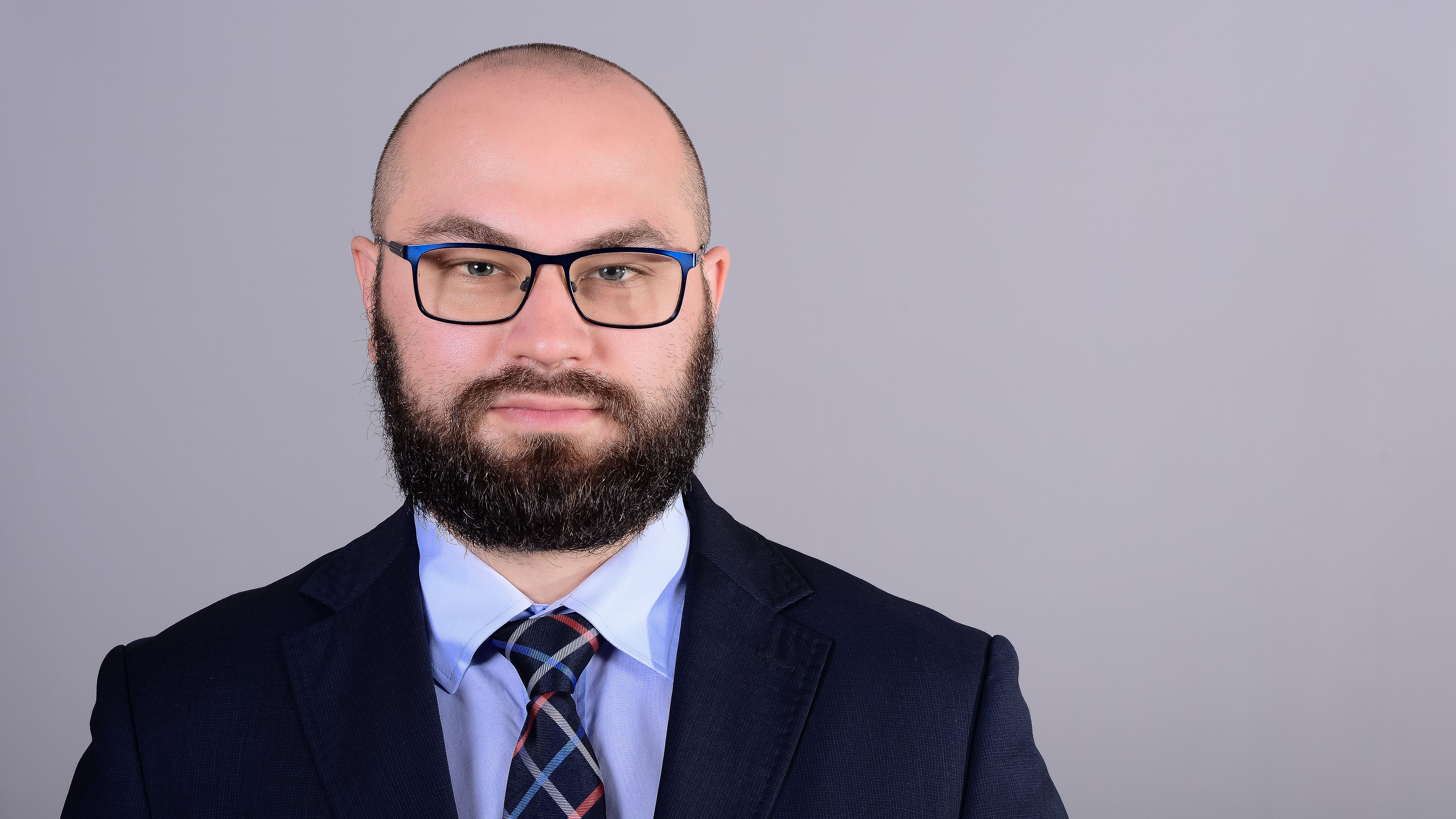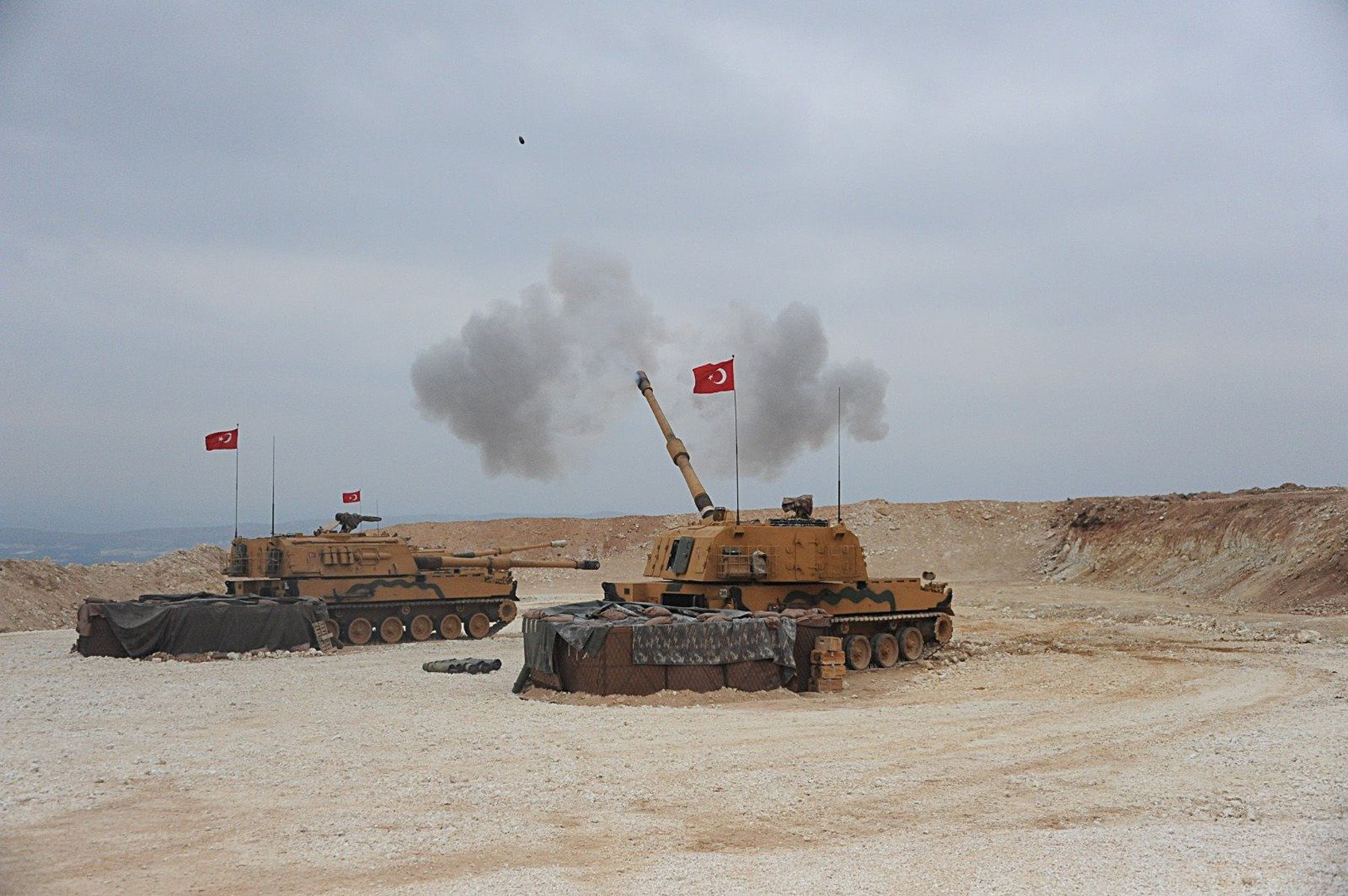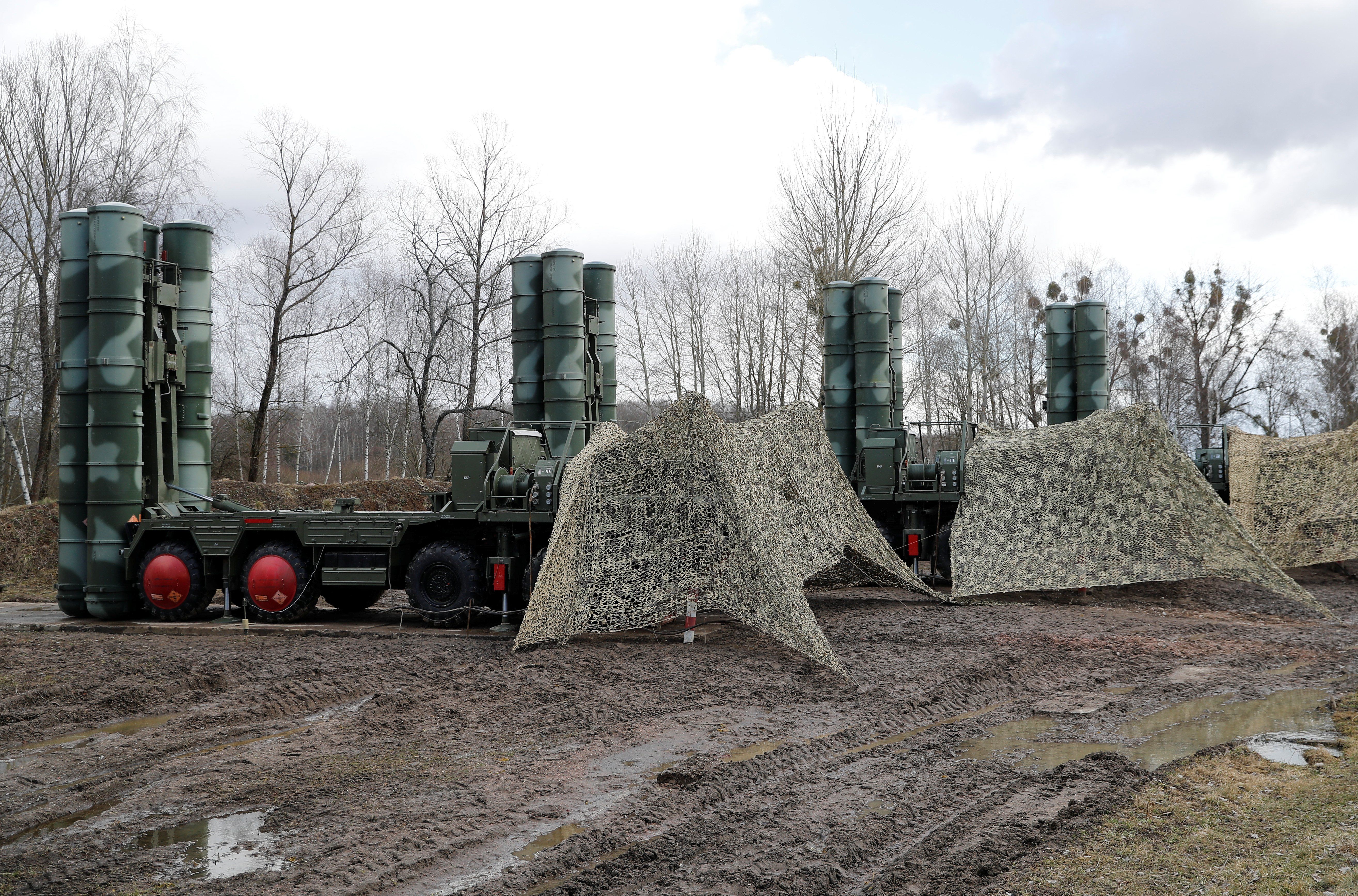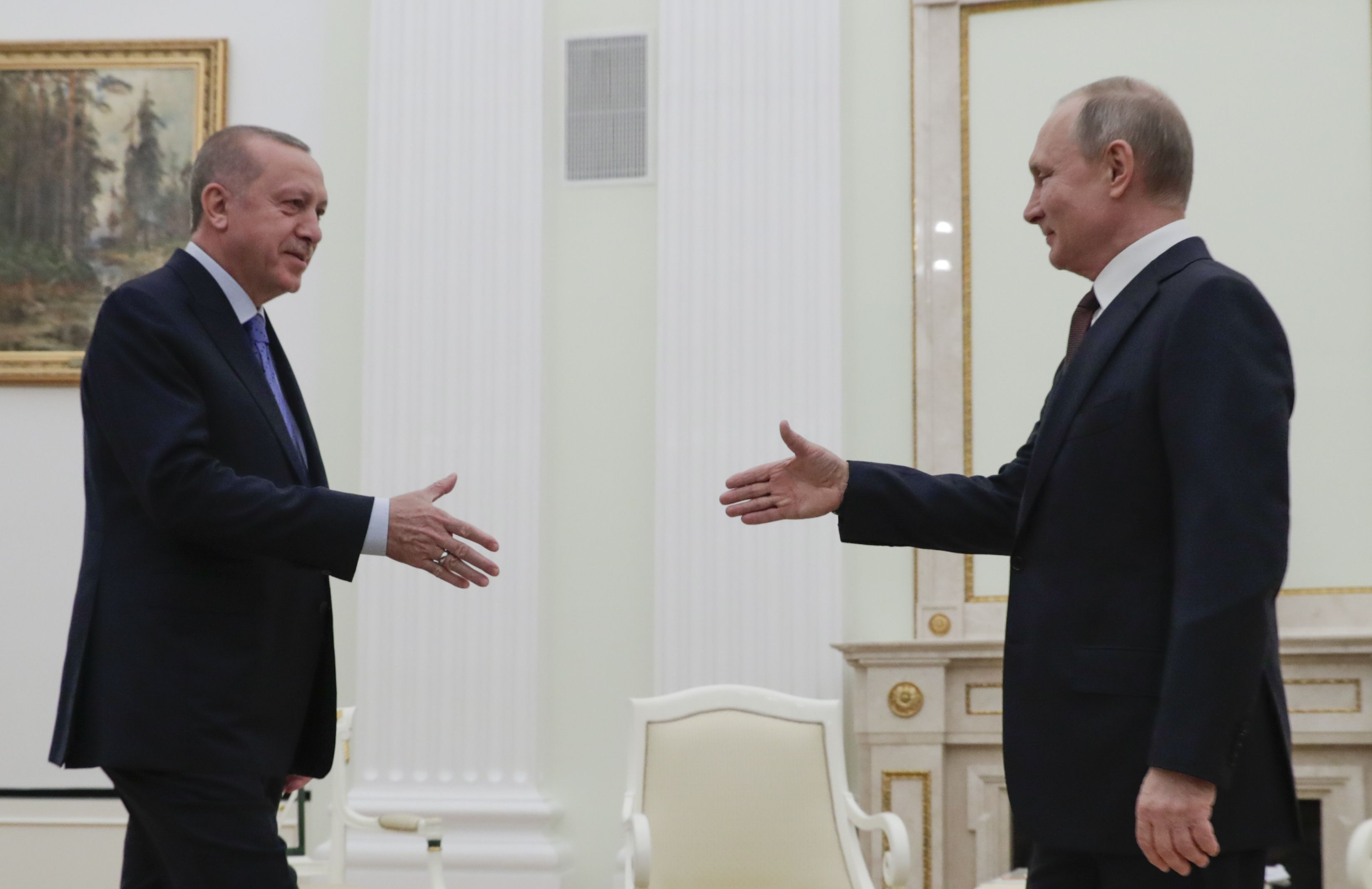Turkey’s Interests in Idlib
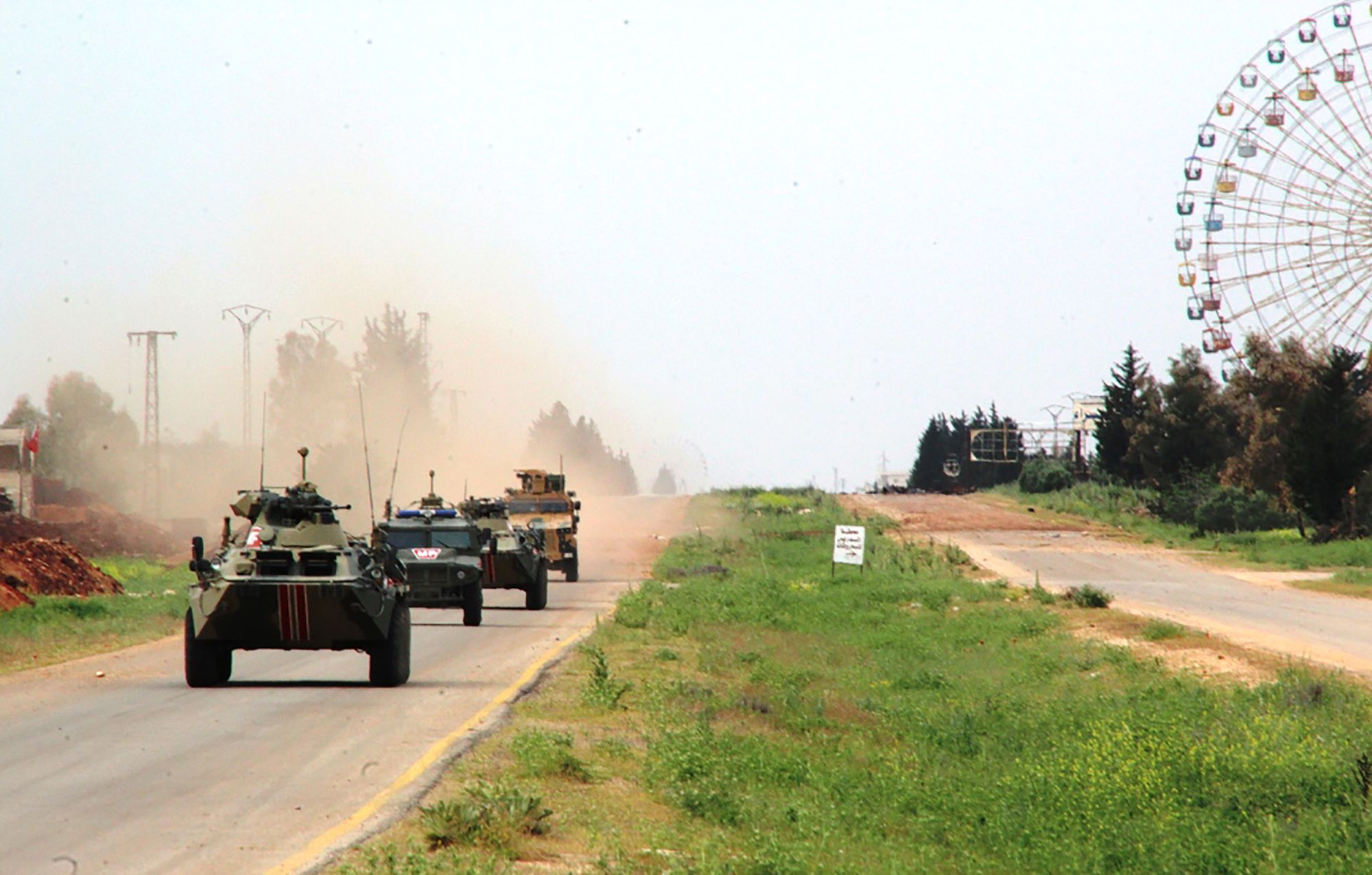
Situation in Idlib
This province in northwestern Syria is the last territory controlled by the anti-regime opposition. It is inhabited by about 4 million people, half of them internally displaced. Under a previous agreement between Turkey and Russia signed in Sochi in September 2018, Idlib was made a Turkish de-escalation zone. Turkey built 12 observation posts in the province and agreed to remove local extremist groups from there. Russia has criticised Turkey’s actions as lacking. In December 2019, troops loyal to Syrian President Bashar al-Assad, supported by the Russian military and pro-Iranian militias, launched an offensive on Idlib. It gained momentum in February and provoked a response from Turkey, which sent additional troops to the province. Turkish soldiers then were repeatedly shelled by the regime side, with the most serious incident occurring on 27 February when 36 Turkish soldiers were killed. The attack was most likely carried out by Russian forces, but the Russian and Turkish authorities pinned the blame on Assad’s troops. Turkey then launched Operation Spring Shield, intensively bombing the regime’s forces. At the same time, it sought support from NATO allies to strengthen its position towards Russia. Turkey opened its borders for refugees to flee towards Europe, a move equivalent to blackmail against the EU aimed at showing that the escalation in Idlib would lead to a resumption of the migration crisis. Military action was halted only as a result of direct talks between the presidents of Turkey and Russia. They agreed to halt the fighting, excluding actions against terrorist groups, and a new division of influence and territory in the province. Syrian-Russian troops strengthened their positions south of the strategic M4 highway, while the area under Turkish control was limited to the north of the province. Turkey and Russia see the truce as provisional and the strengthened military presence in Idlib may be proof of that.
Idlib in Turkey’s Political Playbook
The Turks see their presence in Idlib as a means to pressure Russia and a chance to participate in the political settlement of the Syrian conflict. In addition, the Turkish army is tasked with stabilising Idlib to prevent additional refugees from entering Turkey. Even before the Assad regime’s offensive began, the Turks estimated it could force up to 1.5 million more Syrians to flee. UN data showed that the recent offensive has led to the forced resettlement of nearly a million people.
Turkey, which already hosts about 3.6 million Syrians, refuses to accept more because of social unrest caused by growing dislike of the Syrian refugees among Turks. A recent survey by Kadir Has University showed that only 13% of respondents are satisfied with the presence of Syrians in Turkey. The authorities are also afraid of the political consequences of accepting a large number of new migrants. Last year, their policy towards refugees, combined with the deteriorating economic conditions in Turkey, contributed to the defeat of the ruling Justice and Development Party (AKP) in local elections in Istanbul and Ankara. The loss of the mayor’s offices in both metropolises, which together amount to around 40% of the country’s GDP, was such a huge blow for the AKP and Erdoğan that it strengthened their conviction about the need to change their refugee policy. Hence, the controversial project of creating a “security zone”, to which Syrians from Turkey would be resettled as a part of Operation Peace Spring in northern Syria, came about. The concerns about the deterioration of the situation in domestic politics also led to Operation Spring Shield, which was risky because it could have been countered by Assad’s main patron, Russia. Yet, the tendency for bravado among Turkish decision-makers could have been increased by Erdoğan’s exceptionally low ratings. According to a Metropoll survey, done on the eve of the Idlib escalation, the president was seen favourably by 41% of Turks—the lowest level since June 2015. The experience of last year’s military operation in Syria, which resulted in a temporary increase in ratings, could have led him to conclude that an escalation of the conflict could be politically beneficial.
Balancing Russia and the U.S. Turkey’s influence on the conflict in Syria is a derivative of its relationship with Russia and the U.S. Turkish politicians have decided to play the U.S. and Russia against each other, often tactically strengthening relations with one country when they experience problems in relations with the other. In this way, the rationale goes that Turkey will be able to increase both powers’ tendency to recognise the country’s interests.
The Turks used this strategy also during the escalation in Idlib. When the Russians supported Assad’s offensive, Turkish politicians not only sought NATO allies’ support, asking for the deployment of Patriot missile systems on the southern border but also voiced demands to create a safe zone and a no-fly zone in the north of Syria. These demands, which had been voiced at an early stage of the Syrian civil war, run counter to the spirit of the Turkish-Russian cooperation, particularly intense since 2016. Their implementation would mean Russia would lose control over the airspace in northwestern Syria and lead to further difficulties for Assad’s and Russia’s plans to reintegrate Syria. As a result, Turkish politicians had been less likely to articulate such aspirations in recent years. The issues’ reappearance in the discourse was a signal to Russia that the Turks take their Idlib actions seriously and that their dream solution for the end of the civil war remains a Syria without Assad. However, the chances for this scenario to come true are close to none. Thus, the Turks are forced to maintain pragmatic cooperation with Russia in Syria. This may be demonstrated by the first official meeting between the Turkish and Syrian intelligence chiefs in Moscow in January or by the decision by the two countries to blame Assad’s forces for the February escalation. The Turks’ approach to Russia results from their belief that they can’t count on the support of NATO allies in a confrontation with Russia, nor in achieving their own goals in Syria.
Conclusions and Prospects
The resumption of fighting in Idlib depends on the extent to which the coronavirus pandemic affects Syria and Russia, but new fighting is very likely to happen later this year. This is supported by, among others, the strengthening of troops in the province by all parties involved in the conflict and provocations by groups not covered by the truce, such as those still firing at Turkish and Syrian troops. Fighting may be delayed if Turkey makes progress in neutralising extremist groups, more likely after the increase in Turkish troops in Idlib; however, even this will not make Russia and Syria cease their plans to reintegrate the state under Assad’s rule.
Turkey is determined to defend its position in Idlib, at the same time knowing that this would be difficult without Western allies’ support. In particular, Russian control over the airspace is problematic. It stops the Turkish Air Force from operating freely in the Syrian airspace, which complicates air support for an eventual land operation. This is why the Turks suggest to Russia that they are ready to cooperate even more closely in Syria in exchange for respecting their interests in Idlib. For example, Erdoğan’s offer to Russian President Vladimir Putin in mid-March concerning cooperation in exploiting the Syrian oil sector might be perceived as a signal that Turkey may look favourably on inducing the U.S. to withdraw its remaining troops from Syria (protecting oil fields).
If fighting in Idlib resumes, Turkey will probably once again try to blackmail the EU using the threat of a renewed migration crisis. The EU should counter this by continuing to implement the Action Plan of support to Greece, adopted in March, including strengthening the protection of that country’s borders and financial support. Moreover, the EU could extend the plan to include measures to counter Turkish disinformation so that the message promoted by Turkish pro-government media significantly overstating the number of refugees trying to cross to Greece, among others, would not have a destabilising influence on European societies. It would be also beneficial if the EU continued the dialogue with Turkey, emphasising that while it is ready to maintain or even develop cooperation on migration, it is equally determined to sanction Turkey if it again instrumentally uses refugees to influence the EU’s decision-making processes.


